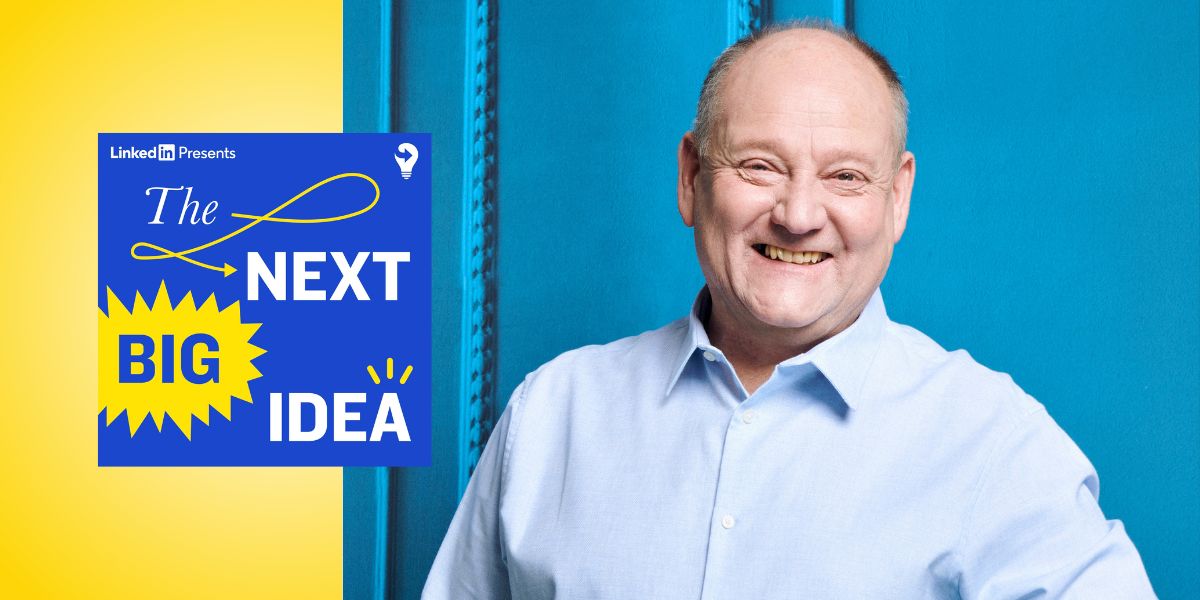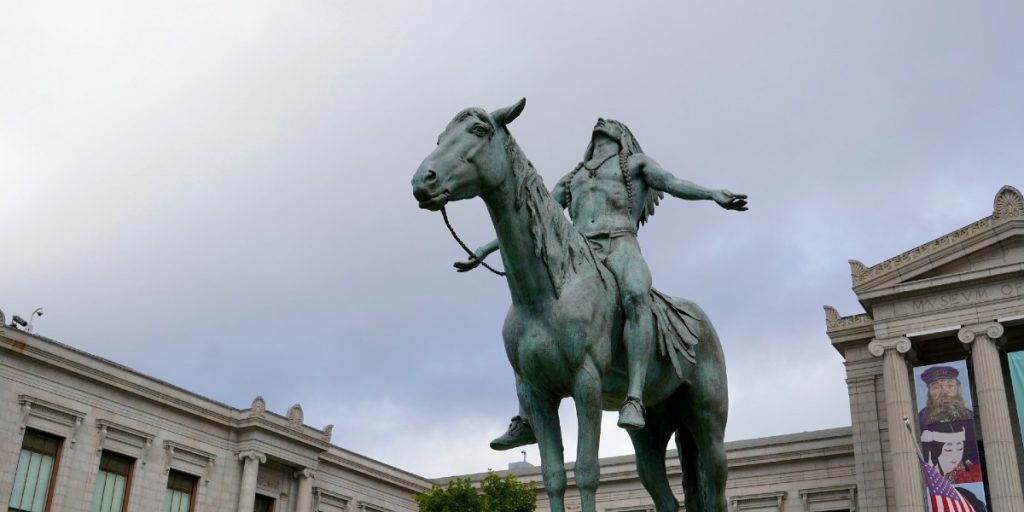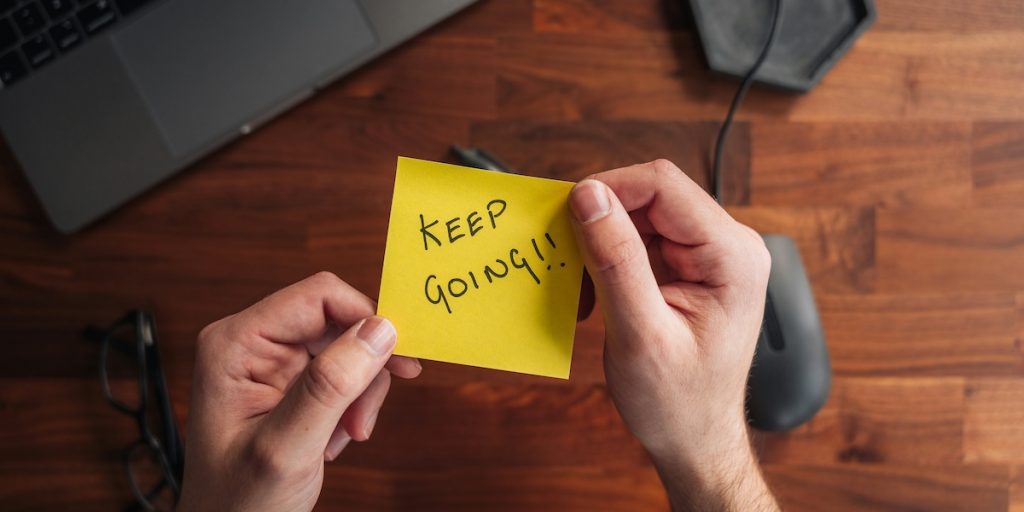Sleep can enhance your creativity, lift your spirits, improve your sense of humor, and amplify your sociability. So why do so many of us struggle to get a good night’s rest? This week on The Next Big Idea podcast, we’re digging into that question with the help of award-winning scientist Russell Foster.
Russell is a professor of circadian neuroscience at the University of Oxford, director of the U.K.’s Sleep and Circadian Neuroscience Institute, and author of the new book Life Time: Your Body Clock and Its Essential Roles in Good Health and Sleep.
In this episode, he takes our host, Rufus Griscom, on a whirlwind tour of the history of sleep, from its origins billions of years ago to the modern health risks of tossing and turning, culminating with his science-backed remedies for catching a few z’s.
Topics
- The “eight hours a night” myth
- The axis of health (diet, exercise, and sleep)
- Acute impacts of not getting enough sleep
- Why night shift work may be carcinogenic
- Link between sleepiness and traffic accidents
- Understanding your chronotype
- How socioeconomic status can impact sleep quality
- Using sleep to treat mental illness
- Whether you’re a morning or evening person depends on your genes
- Teenage sleep patterns
- Why we sleep in the first place
- The clocks inside all of our cells
- Caffeine and alcohol
- How to become a morning person
- Evidence-based strategies for getting a good night’s sleep
Listen on: Apple Podcasts | Spotify | Next Big Idea App
- Check out Russell’s five key insights from Life Time
- Get your copy of Life Time
You May Also Like
- The Oldest Cure in the World: Adventures in the Art and Science of Fasting
- The Oracle of Night: The History and Science of Dreams
- How to Take the Perfect Nap, According to Science
To enjoy ad-free episodes of the Next Big Idea podcast, download the Next Big Idea App today:






























